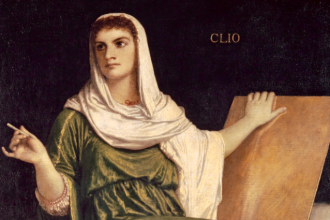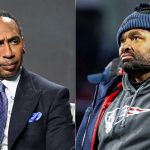Mark Malvasi
Professional historians have no special expertise. In the study of the past, there is no difference between a professional and an amateur historian. If they put their minds to the task, even untutored undergraduates might discover a more profound truth about the past than their learned professor, the limits of their knowledge notwithstanding.
Historians All!
What was Carl Becker thinking? When, on December 29, 1931, Becker delivered the presidential address to the annual meeting of the American Historical Association, he was already something of a controversial or, perhaps more accurately, an enigmatic, figure.[i] Having studied as an undergraduate with Frederick Jackson Turner at the University of Wisconsin and having completed a doctorate at Columbia under the supervision of James Harvey Robinson, Becker was among the proponents of the “New History.” Some members of his audience undoubtedly regarded him as a skeptic and a relativist who denied the possibility of absolute, objective truth. Others saw him as a populist who extolled the common man and castigated the elite.[ii]
An iconoclast, or at least a nonconformist, Becker rejected the conviction that history was a science. He doubted that historians need only to accumulate and arrange the facts to produce an exact transcript of the past. In his own diverse scholarship, he asked penetrating questions but seemed always to be unsatisfied with the answers. He was never quite sure of anything. “No doubt throughout all past time,” he wrote:
there actually occurred a series of events which, whether we know it was or not, constitutes history in some ultimate sense. Nevertheless, much the greater part of these events we can know only imperfectly; and even the few events that we think we know for sure we can never be absolutely certain of, since we can never revive them, never observe or test them directly. » Read More
https://theimaginativeconservative.org/2025/01/does-history-have-meaning-mark-malvasi.html






